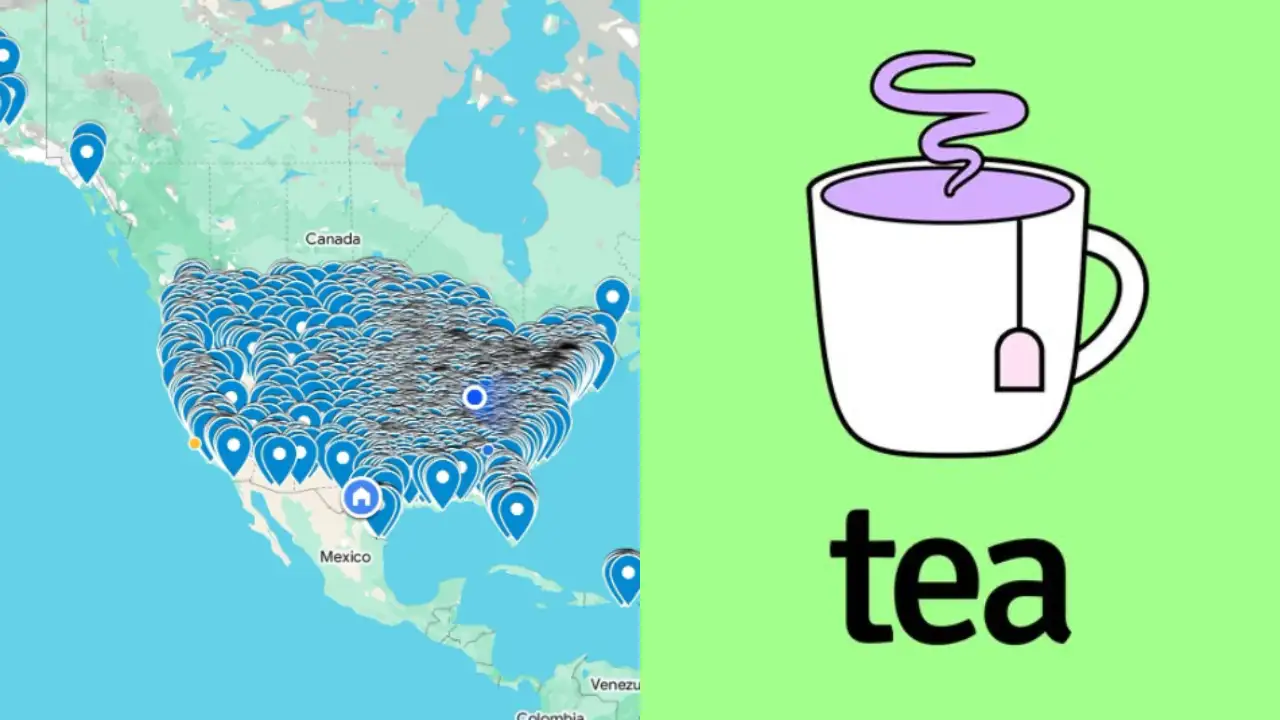That Tea App Breach Just Got a Lot Scarier

It’s not just emails and passwords anymore. It’s our private conversations.
So, remember that news about the Tea app having a little data breach a few weeks ago? I remember seeing the headline and thinking, “Okay, another one.” It feels like this happens every other Tuesday. You get the email, you change your password, and you move on with your life.
I pretty much did exactly that.
But then I saw the latest headline from TechCrunch this morning while scrolling through my feed, and I literally said, “Oh, no,” out loud to my empty kitchen.
The breach is so much worse than we thought. It wasn’t just user data like names and emails. It was over a million private messages.
Yes. A million. Private. Messages.
The ones you sent to your friends, your partner, your family. The late-night chats, the silly inside jokes, the serious heart-to-hearts. All of it, just… out there.
This One Feels Different
Look, I know we’re all a bit numb to data breaches. But this one hits differently, doesn’t it?
Losing your email address is like someone stealing your mailbox key. It’s a huge pain, and they might see some junk mail, but it’s manageable.
Losing your private messages is like someone bugging your living room and recording everything you say to the people you trust most. It feels like a fundamental violation of a space you thought was safe.
We use these apps for our most human moments. We complain about our boss, we share vulnerable feelings, we plan surprises. We act like ourselves because we believe no one else is listening. The Tea app sold us on that promise of privacy, and it turns out that promise was pretty hollow.
So, What Now?
Honestly, I’m not sure.
The company is doing the usual corporate apology dance, but it’s hard to hear anything over the sound of a million private conversations being exposed.
For me, this is a huge wake-up call. It’s making me look at every app on my phone a little differently. It’s not about being paranoid, but it is about being realistic.
Maybe the biggest takeaway is this:
- Nothing is 100% private. Not really. Once you type it and hit send, it lives on a server somewhere.
- The "E" in "E2EE" matters. I’m paying a lot more attention to which apps are truly end-to-end encrypted now.
- Think before you type. Maybe some conversations are just better had in person or over the phone.
I’m not a security expert, and I’m not going to tell you to delete all your apps and go live in a cabin (though it sounds nice some days).
But I’m definitely thinking harder about where I have my most important conversations. The Tea app situation is a tough, messy reminder that the “private” in “private message” is often more of a marketing slogan than a guarantee.
Stay safe out there.